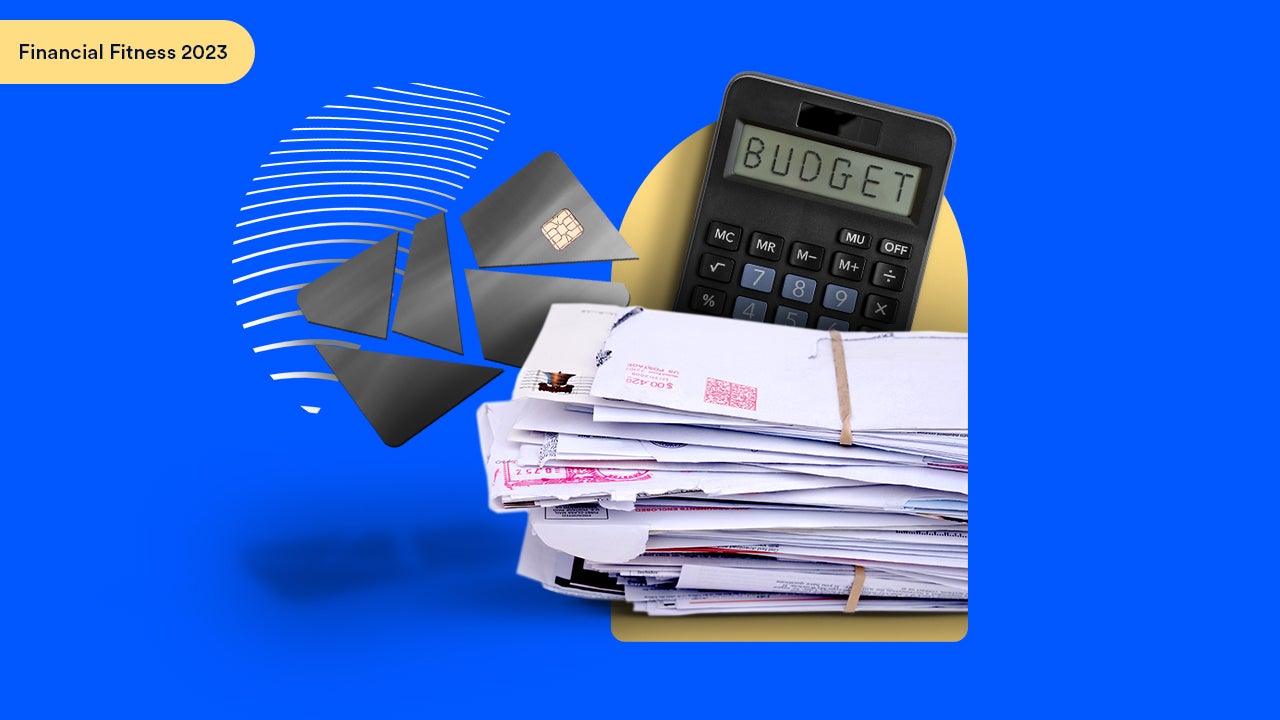How to make a zero-based budget

Key insights
- A zero-based budget is a budgeting method in which every dollar of income is allocated for a specific purpose.
- This budgeting approach involves starting from scratch and allocating every dollar of income each month, rather than using the previous budget as a baseline.
- Zero-based budgeting can be more time-consuming and complex than traditional budgeting methods, but can be highly effective for controlling variable expenses and achieving financial stability.
If you want a tool that will help you put every dollar of your income to its highest and best use, a zero-based budget could work for you.
A zero-based budget is one in which every dollar is allocated for a specific purpose, whether it’s rent, retirement savings or recreation. Used for both personal and business purposes, the zero-based budgeting method is good for aligning your spending with your goals.
What is zero-based budgeting?
With a traditional budget approach, the baseline is the previous budget. But with zero-based budgeting, you start at zero, creating a new budget from scratch without using the previous budget figures as a jumping-off point.
The goal is to allocate every dollar of your income so that your income minus expenditures equals zero at the end of the budget period. So, if your income is $5,000 a month, you would allocate every dollar of that amount for a budget category. You can use the same expense categories and amounts every month or change them.
If you’ve covered all your obligations for the month and have $100 left over, you must allocate it for something — maybe to pay down debt or pad your emergency savings. Remember: With zero-based budgeting, every penny of income must be designated for a purpose.
“I feel like it’s the most logical way to budget,” says Summer Red, AFC, professional development manager for the Association for Financial Counseling and Planning Education. “I like that you can plan in advance and you know where every dollar is going.”
Your zero-based budget might be different from month to month, or whatever your budget period is, as your needs and circumstances change. For example, if you’ve been working from home because of the COVID-19 pandemic, your gas cost is going to be less than it was when you were driving to and from work.
With zero-based budgeting, you can re-evaluate your priorities and budget accordingly. The money you were spending on gas could be redirected to another purpose, such as building up your savings or paying down a loan.
Zero-based budget example
Fixed expenses like a mortgage or car payment are easy to budget for, but groceries, utilities and other fluctuating costs are harder to forecast. You have to really analyze irregular expenses and take note of the factors that go into your budget decisions for those categories.
“You will need to keep a list of the assumptions that go into the numbers, so you will be able to analyze monthly why you have over- or underspent in a category,” says Sheri Conklin, a certified financial planner in Roseville, California.
Don’t forget about periodic or annual expenses, such as traveling to a wedding or buying holiday gifts. “You have to figure out what they are going to be for the whole year, divide by 12 and that is what you allocate every month,” Red advises.
Let’s say your total monthly income is $4,000. Here is what your zero-based budget for one month might look like:
Monthly income: $4,000
| Expense category | Amount |
|---|---|
| Rent/mortgage | $1,400 |
| Utilities | $200 |
| Car payment | $500 |
| Insurance | $125 |
| Restaurants | $100 |
| Credit cards | $150 |
| Student loans | $175 |
| Clothes, misc. | $90 |
| Retirement fund | $300 |
| Emergency fund | $150 |
| Entertainment | $150 |
| Gas | $160 |
| Groceries | $500 |
| Total | $4,000 |
How to make a zero-based budget
- Total your income. Add up everything you have coming in, including job earnings, child support, pension, etc.
- Track your spending. Write down how much you’ve shelled out for bills (housing, utilities, etc.), debts (credit cards, student loans), savings (retirement, emergencies) and any other expenditures. Don’t forget about holiday gifts and other expenses that are often overlooked.
- Evaluate your spending. Do a thorough examination of where your money has been going. You might be shocked to see how much you spend eating out or getting takeout compared with how much you save. Think about your needs, your wants, your goals and how you can best direct your resources. “If your expenses are higher than your income, you have to make some choices because that is not sustainable long-term,” Red says.
- Categorize and reprioritize spending. Once you’ve examined your income and spending patterns, create your budget categories and determine how much of your income will go to each category. Remember: You’re not done with the budget until every dollar has a designated purpose.
Who can benefit the most from a zero-based budget?
Consumers who are struggling to pay off debt or to save more for retirement or other goals stand to gain the most from the zero-based budget approach, Conklin says.
“This gives a person more control over their situation, as they have options and can make better choices,” she says.
Conklin notes that the zero-based budget is especially good for controlling variable expenses like groceries and vacations “because you have to think about and plan what you will be spending or want to spend in those categories.”
Pros of zero-based budgeting
Zero-based budgeting can take the stress out of your finances because you’re planning in advance and you know where every dollar is going.
“You should never, ever at the end of the month not know how you’re going to pay for a bill,” Red says. “If you really are managing your finances effectively, there should be no stress because the money should be there because you’ve been planning for it.”
Once you’ve got a good handle on your expenses, a zero-based budget is easy to maintain, Red says. It puts you in control of your money and stabilizes your finances.
Cons of zero-based budgeting
Zero-based budgeting is more complex and more time-consuming than traditional budgeting methods. People who use it tend to be analytical and like working with numbers, Conklin says.
She suggests starting with one or two expense categories, then adding categories as you get more comfortable with the process.
“I recommend that people implement slowly, starting with a few categories that they know they can make assumptions for and where they think they can cut expenses,” Conklin says, “This is a skill that takes time to learn. It is very overwhelming to try it all at once.”
Zero-based budgeting can be tough if your income varies. People who work on commission or freelance don’t always make the same amount every month.
Bottom line
Zero-based budgeting is a very effective way to track and reduce spending to achieve financial goals, though it does take more time and analysis than traditional budget methods.
“The whole point is that you have taken complete and total control of your finances,” says Red, who emphasizes that zero-based budgeting is not just a spending plan.
“Zero-based budgeting does not mean you spend every penny. Savings has to be part of any budget because if you have no savings you cannot weather any financial crisis.”
–Libby Wells wrote the previous version of this article.
Why we ask for feedback Your feedback helps us improve our content and services. It takes less than a minute to complete.
Your responses are anonymous and will only be used for improving our website.






